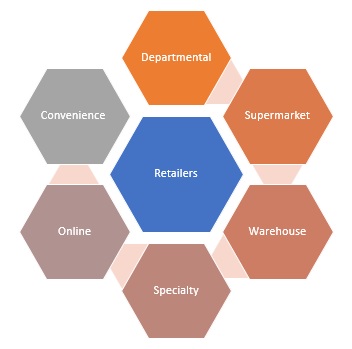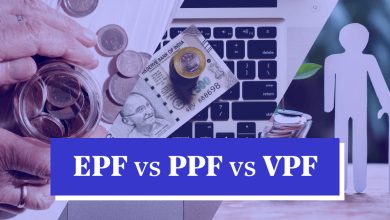Understanding the Different Types of Retailers: A Complete Guide

In the ever-evolving world of retail, understanding the various types of retailers is crucial for businesses, consumers, and industry professionals alike. Each type of retailer operates differently and serves distinct market needs. This comprehensive guide will explore the main types of retailers, their characteristics, and their roles in the retail ecosystem.
1. Department Stores
What Are They?
Department stores are large retail establishments that offer a wide variety of products across different categories, including clothing, electronics, home goods, and more. They are organized into distinct departments, each specializing in a particular type of product.
Characteristics:
- Wide Product Range: From fashion to home essentials, department stores cater to diverse customer needs.
- Physical Presence: Often found in shopping malls or standalone locations.
- In-Store Services: Includes features like personal shopping assistance and alterations.
Examples:
Macy’s, Nordstrom, and Kohl’s.
2. Specialty Stores
What Are They?
Specialty stores focus on a specific category of products or a particular market segment. They offer a more curated selection compared to department stores.
Characteristics:
- Niche Focus: Specialize in a particular product category such as electronics, beauty products, or sporting goods.
- Expertise: Often staffed by knowledgeable employees who can provide expert advice.
- Targeted Marketing: Cater to specific customer interests and needs.
Examples:
Apple Store, Sephora, and Foot Locker.
3. Discount Stores
What Are They?
Discount stores sell products at lower prices compared to traditional retail outlets. They focus on providing value and affordability.
Characteristics:
- Lower Prices: Achieved through bulk purchasing and streamlined operations.
- Simplified Shopping Experience: Often have a no-frills approach to store layout and design.
- Broad Product Range: Includes everything from groceries to household items.
Examples:
Walmart, Dollar General, and Aldi.
4. Supermarkets
What Are They?
Supermarkets are large retail stores primarily focused on selling food and beverages. They also offer some non-food items like household products.
Characteristics:
- Grocery Focus: Main emphasis on fresh produce, dairy, meats, and pantry staples.
- Convenient Layout: Organized for easy navigation and quick shopping.
- Private Labels: Often feature their own brand products at competitive prices.
Examples:
Kroger, Safeway, and Tesco.
5. Online Retailers
What Are They?
Online retailers operate exclusively through digital platforms, offering products via websites or mobile apps.
Characteristics:
- E-Commerce Focus: Provides a virtual shopping experience without physical stores.
- Wide Reach: Can serve customers globally and offer a vast product selection.
- Convenient Shopping: Features like home delivery, easy returns, and 24/7 accessibility.
Examples:
Amazon, eBay, and Alibaba.
6. Warehouse Clubs
What Are They?
Warehouse clubs are membership-based retailers that sell products in bulk at discounted prices.
Characteristics:
- Bulk Purchases: Products are sold in larger quantities, often at lower prices.
- Membership Requirement: Shoppers need to pay an annual fee to access the store and its deals.
- Limited Selection: Focus on a narrower range of products but in larger sizes.
Examples:
Costco, Sam’s Club, and BJ’s Wholesale Club.
7. Convenience Stores
What Are They?
Convenience stores offer a limited selection of everyday items and are designed for quick, easy shopping.
Characteristics:
- Accessibility: Located in neighborhoods or high-traffic areas for easy access.
- Limited Inventory: Focuses on high-turnover items like snacks, beverages, and basic household necessities.
- Extended Hours: Often open late or 24/7 to cater to urgent needs.
Examples:
7-Eleven, Circle K, and FamilyMart.
8. Pop-Up Shops
What Are They?
Pop-up shops are temporary retail spaces set up for a short period, often to promote a new product or brand.
Characteristics:
- Temporary Nature: Operates for a limited time, often in high-traffic areas.
- Exclusive Offers: Often used to create buzz and offer limited-edition items.
- Flexible Locations: Can be set up in various venues like malls, events, or vacant storefronts.
Examples:
Seasonal holiday shops, brand launch events, and artist collaborations.
Conclusion
Each type of retailer plays a unique role in the retail landscape, catering to different customer needs and preferences. Whether you’re a business owner, a consumer, or an industry professional, understanding these types of retailers can help you navigate the market more effectively. By recognizing the characteristics and offerings of each retail type, you can make informed decisions and better appreciate the diverse world of retail.



